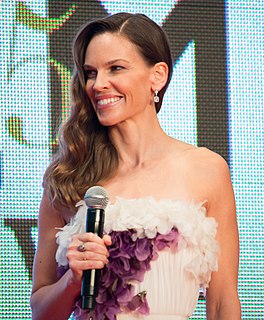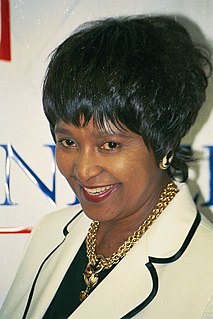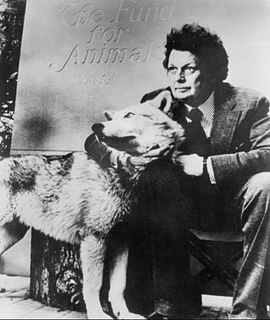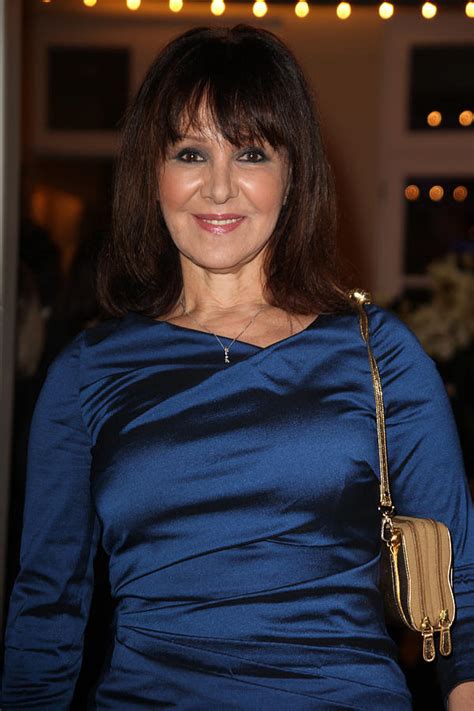A Quote by Roisin Murphy
We were brought up to think we were amazing. Maybe I was too confident, too full of myself. I found school difficult. I'd get followed home by 20 kids throwing stuff at me. The teachers didn't like me, either. We left Ireland for Manchester when I was 12, and I was happy to go.
Related Quotes
I was very bored at school. I found it very easy and slow and grey. My teachers didn't really know how to handle me, because I was very sarcastic. I was over-confident, arrogant, a typical youngest child. I went through periods of withdrawing into myself and school psychologists tried to figure me out, work out why I didn't fit in. I found that irritating, too.
I ended up dropping out of high school. I'm a high school dropout, which I'm not proud to say, ... I had some teachers that I still think of fondly and were amazing to me. But I had other teachers who said, 'You know what? This dream of yours is a hobby. When are you going to give it up?' I had teachers who I could tell didn't want to be there. And I just couldn't get inspired by someone who didn't want to be there
Unlike some people who have experienced the loss of an animal, I did not believe, even for a moment, that I would never get another. I did know full well that there were just too many animals out there in need of homes for me to take what I have always regarded as the self-indulgent road of saying the heartbreak of the loss of an animal was too much ever to want to go through with it again. To me, such an admission brought up the far more powerful admission that all the wonderful times you had with your animal were not worth the unhappiness at the end.
Having a child as a single mother was a crucible - maybe this is true for all parents. I got rid of so much stuff that didn't really matter in the scheme of things-like throwing stuff out of an airplane that kept me flying too low. What was left was essential, i.e. not a lot of extraneous stuff that had kept me busy and people-pleasing. I just didn't have the luxury of wasting my life force on so much stupidity and distraction. That made me strong.
Those who failed to oppose me, who readily agreed with me, accepted all my views, and yielded easily to my opinions, were those who did me the most injury, and were my worst enemies, because, by surrendering to me so easily, they encouraged me to go too far... I was then too powerful for any man, except myself, to injure me.
The place resembled a new model prison, or one that had achieved a provisional utopia after principled revolt, or maybe a homeless shelter for people with liberal arts degrees. The cages brought to mind those labs with their death-fuming vents near my college studio. These kids were part of some great experiment. It was maybe the same one in which I'd once been a subject. Unlike me, though, or the guinea pigs and hares, they were happy, or seemed happy, or were blogging about how they seemed happy.
I came from a tradition where souls were a theological reality, not a faith reality. Souls were for saving, not for communing. Souls were for converting and, once they were converted, they were to be left alone. Souls were too mystical, too subjective, too ambiguous, too risky, too... well, you know - New Age-ish.
My parents even let me switch schools, to leave my regular school to go to the producer's school, because I told them producing is what I love to do, and it makes me happy to share my music and my passion with others. I was dreaming to go to that school. I begged them. They were like, 'Yah, know what? If you are happy, we are happy.'
The public schools in our neighborhood were so bad that the teachers in the school said you shouldn't send your kids here. My mother called around and found a school that was willing to give both me and my brother scholarship money. It's a classic story about black parents wanting more for their kids than they had for themselves.




































